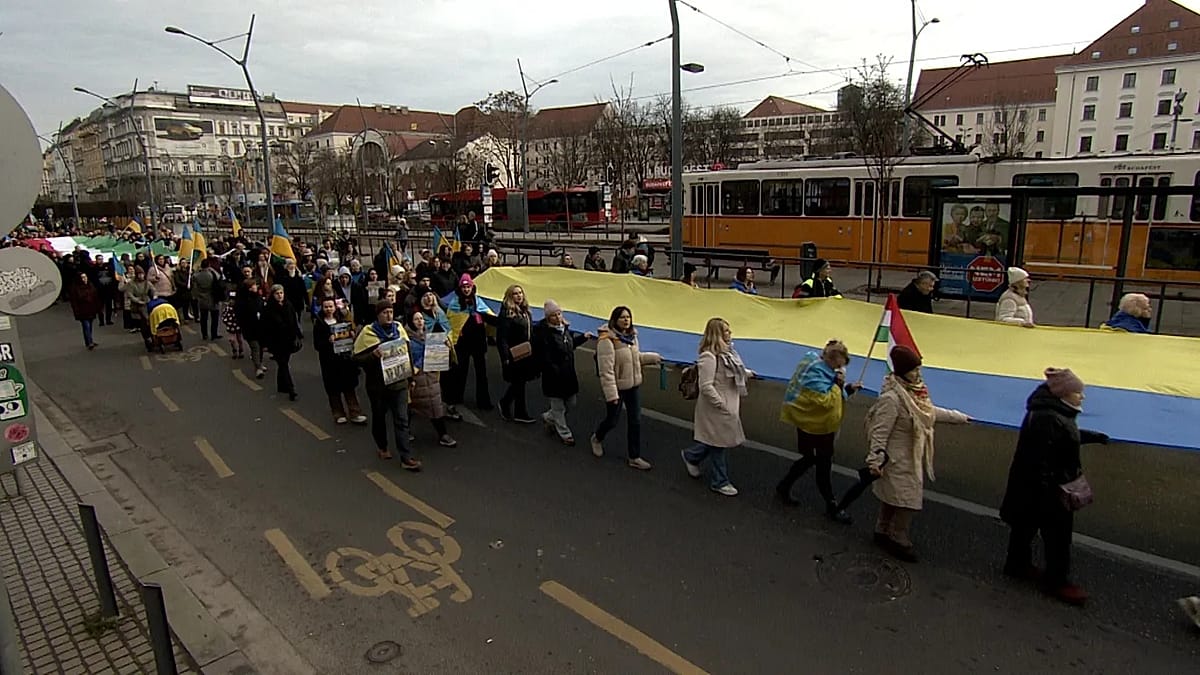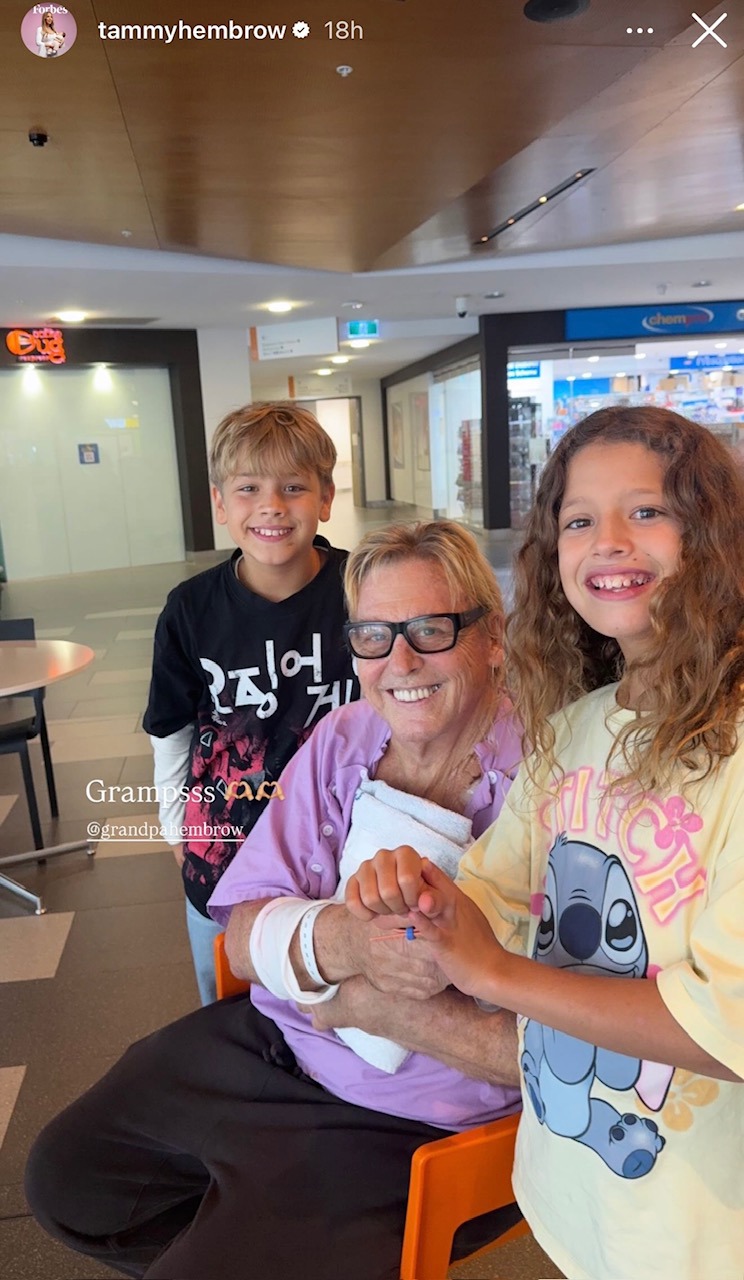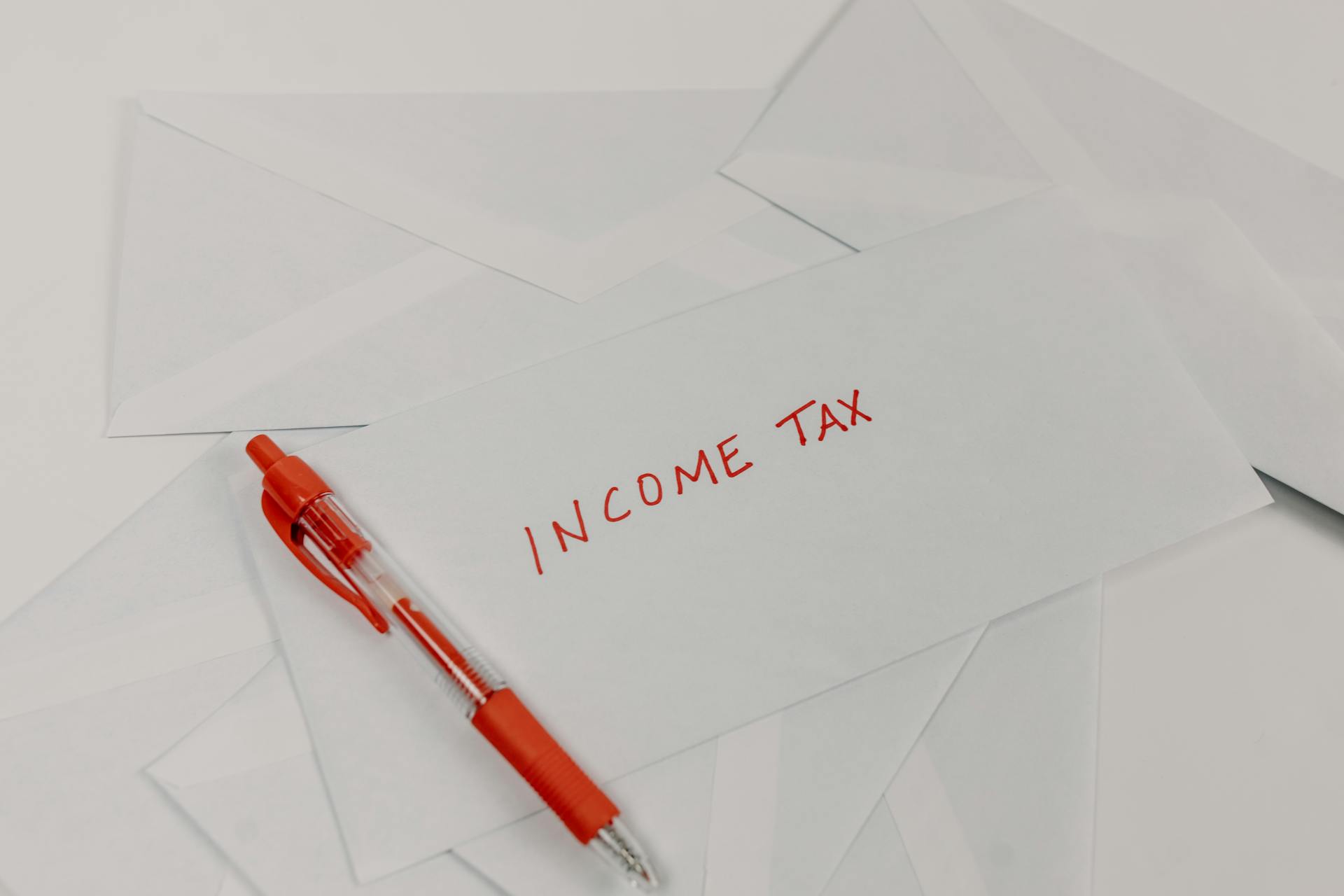How to Handle a Car Accident on a Work Trip

There’s this strange moment while driving when everything seems predictable. The familiar dashboard light, the steady sound of tires rolling, a podcast fading in and out as your connection wavers. Then suddenly, something breaks the spell. A sudden stop. A horn that cuts too close.
And before you know it, you’re involved in a crash!
What’s even stranger is realizing how common these moments are. The National Highway Traffic Safety Administration reported over 5.9 million police-reported crashes in 2022, which sounds unreal until you’re suddenly part of one.
And if it happens during a work trip — well, that’s a whole different tangle of questions. Who’s responsible? What should you do first? How does it affect your job? Keep reading; we’ll walk you through the things people often fail to explain clearly.
Why Work-Trip Crashes Throw Everything Off
One might assume that driving while working would be safer because you are technically “on duty.” The reverse is often true. You’re in unfamiliar neighborhoods, juggling navigation with deadlines, sometimes driving a rental with buttons you don’t quite understand.
It’s almost unfair how quickly that combination can go sideways.
According to the Network of Employers for Traffic Safety (NETS), work-related motor vehicle crashes cost employers more than $72 billion each year — a reminder that this problem isn’t rare or random. It’s built into the chaos of modern jobs.
And honestly? Most of us just hope nothing goes wrong.
What You Should Do Right After the Accident
When the accident occurs, you’ll experience shock, confusion, and possibly some numbness. However, despite all that, what you do next heavily influences what comes later.
1. Make Safety Your First Move
Pull over as safely as possible. Turn on your hazards. Get yourself and anyone else out of immediate danger — but don’t stand in traffic. Call 911 if needed.
2. Call the Authorities
Whether it seems minor or major, report the crash.
A police report is more than formal; it’s evidence. Saying you “just want to handle it ourselves” may feel easier, but it complicates things later.
3. Document the Scene Thoroughly
Use your phone. Take wide and close-up shots: damaged parts, road conditions, street signs, skid marks — whatever looks relevant. Grab witness names and phone numbers if people stop.
4. Tell Someone at Work
Yes, even if it’s just a text to your manager or HR: “Hey, I was in a car accident on the way to … I’m okay but working through details.” That note matters. It starts the chain of communication that your employer might need for insurance, coverage, or internal reporting.
5. Get Medical Attention — Right Away
Even if you don’t experience pain, get examined.
Injuries like whiplash, concussions, or soft tissue harm often manifest after a delay. The CDC notes that delayed symptoms are common in collisions.
5. Know Who to Talk to Legally
This is a tricky part: work-trip crashes are rarely just “my car vs yours.” Your employer’s insurance, your personal policy, and liability could all mix in. If the situation seems complex, particularly when injuries are severe, consider consulting a lawyer.
For example, if you are uncertain about handling the intersection between workplace and accident liability, skilled work-injury lawyers, such as the Chelli & Bush accident attorneys, can assist you in exploring your choices without engaging in an extensive legal battle.
What Happens After the Smoke Clears — Long-Term Steps
So, you made it through the immediate whirlwind. But the crash doesn’t end with the tow truck or the exchange of names.
Follow-Up and Medical Documentation
Keep every single slip of paper: doctor’s notes, prescriptions, physical therapy bills. Write down your symptoms honestly — even the weird ones, like “my neck feels… off but maybe that’s normal?” Future claims depend on records, and your recovery depends on clarity.
Communicate With Your Employer Again
Yes, you told them what happened. But now you need to update them: your medical status, whether you’re working again, and whether things have changed.
Check with HR to understand how this could affect your business travel perks, pay, or remuneration. While talking about this may feel uneasy, it’s better to be informed than to guess.
Submit and Manage Insurance Claims
Depending on your vehicle (company-owned or rented, or personal), you’ll deal with different insurers. Use your photos, your medical records, your written account — anything you recorded.
Don’t be rushed into “signing off” on a quick settlement before you know the full cost of damage or injury.
Consider Professional Legal Help
If the crash was serious — more than minor damage, or if injuries are significant — talking to a specialized attorney can change your outcome.
An accident during a work-related trip isn’t a “typical” mishap. Hiring an expert can assist you in handling employer responsibility, insurance discussions, and possibly obtaining compensation for suffering, income loss, and ongoing medical expenses.
Reflect and Rebuild for the Future
After it’s all said and done, take time to think: What went wrong? Was there fatigue? Distracted driving? A rental car you didn’t know well?
Use this crash as a real data point. Talk to your employer about better safety training, policies, or even travel-risk programs. Maybe your company can do better. And maybe you can drive differently next time.
Final Thoughts
You’ll get through this. It’s messy. It’s emotional. But doing the small practical things — photographing the scene, filing a timely report, seeking care, and keeping calm when you tell your employer — makes a huge difference.
Maybe that sounds boring. Maybe it’s boring in the best possible way. But it’s what will keep chaos from getting worse.
Remember: the wreck is one moment. Your response shapes the rest.
The post How to Handle a Car Accident on a Work Trip appeared first on Entrepreneurship Life.

























































